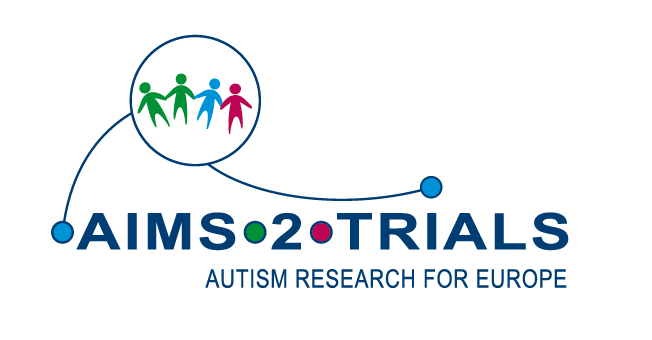 Sharing scientific research data is important because it can help improve the quality, usefulness, and reliability of research. For example, it enables scientists to analyse larger data sets, which increases their ability to uncover patterns in the data. Data sharing can also allow scientists to consistently repeat studies (and therefore prove or disprove the findings). More broadly, it encourages openness and accountability, and promotes collaboration.
Sharing scientific research data is important because it can help improve the quality, usefulness, and reliability of research. For example, it enables scientists to analyse larger data sets, which increases their ability to uncover patterns in the data. Data sharing can also allow scientists to consistently repeat studies (and therefore prove or disprove the findings). More broadly, it encourages openness and accountability, and promotes collaboration.
However, it is vital that data sharing is done securely and ethically, in a way that both protects participants’ data and ensures that data sharing is in line with the preferences of the autism community.
To this end, AIMS-2-TRIALS have been working with an advisory panel comprised of members of the autism community, including autistic adults, family members, and carers to discuss data sharing from the AIMS-2-TRIALS project. These community members form our Autism Representatives (A-Reps). The A-Reps webpage provides more details about how the A-Reps have been involved across the AIMS-2-TRIALS project.
This ongoing consultation with A-Reps about data sharing includes regular working group meetings, which also involves researchers from: Roche, King’s College London, the University of Cambridge, and DNAstack (where appropriate).
The working group meetings aim to gather and discuss feedback from the community on data sharing plans, including reviewing and providing input on policies and procedures. This detailed process of considering multiple aspects of data sharing is ongoing and we will provide further updates to this page when this phase of the work is complete.
As part of this work, we have also been collaborating with DNAstack, a company that is developing Neuroscience AI as part of the Autism Sharing Initiative (ASI). DNAstack provides software that connects genomics and health research globally. Neuroscience AI is a new platform for collaborative neuroscience research and data sharing, connecting global members of the ASI. The aim of our work with DNAstack has been to include the views of the autism community in the development of their data sharing platform. This has been achieved by consulting with the A-Reps, as described above, and this is an ongoing process that will continue in the coming months. DNAstack have recently announced a new phase of this work, which you can read more about here. There is more information about ASI here.
A key aim for the AIMS-2-TRIALS project is to ensure that any data sharing plans that are developed are sustainable beyond the life of the project funding (2025), so that the benefits of AIMS-2-TRIALS research can be long lasting. To this end, researchers from AIMS-2-TRIALS have also been collaborating with DNAstack to discuss secure data sharing methods and infrastructure.
One potential result of this work for the consortium would be for data from AIMS-2-TRIALS to be shared with ASI in the future. The decision of whether AIMS-2-TRIALS will or will not share data via the ASI in the future will be dependent on the satisfactory implementation of feedback and a positive outcome from the consultation process as described above.







